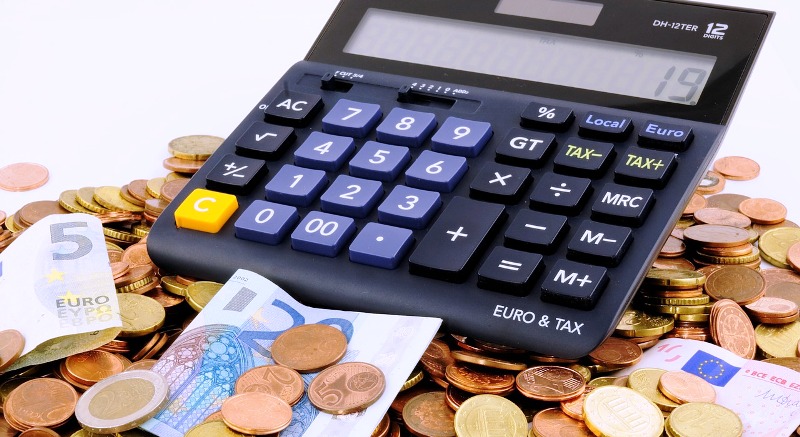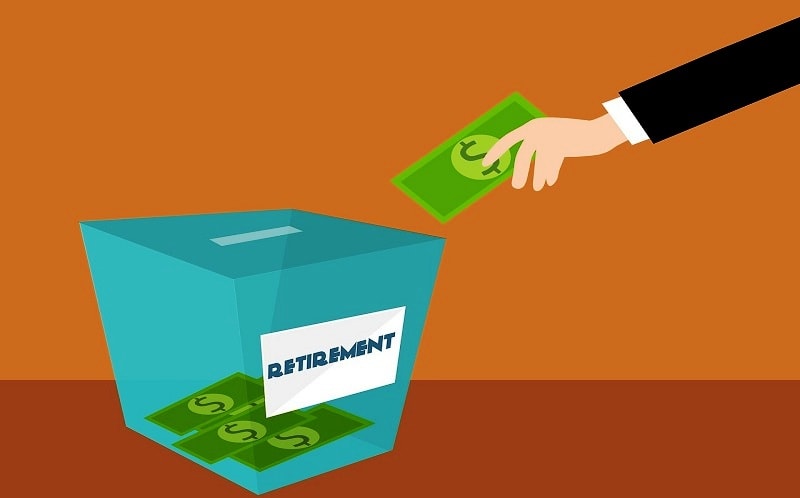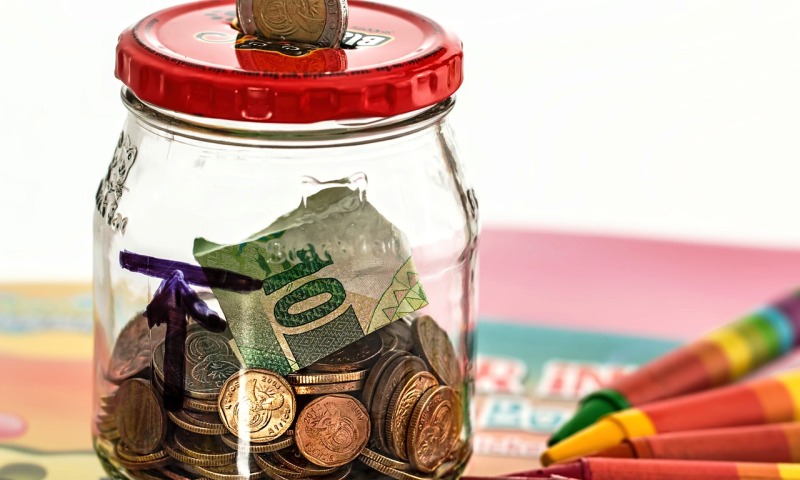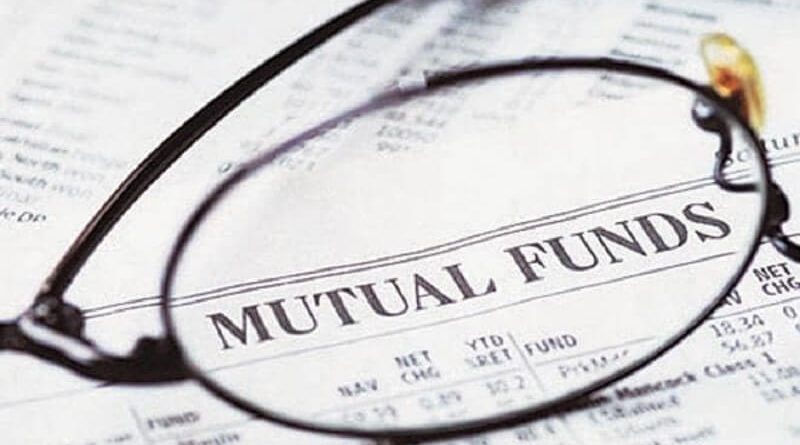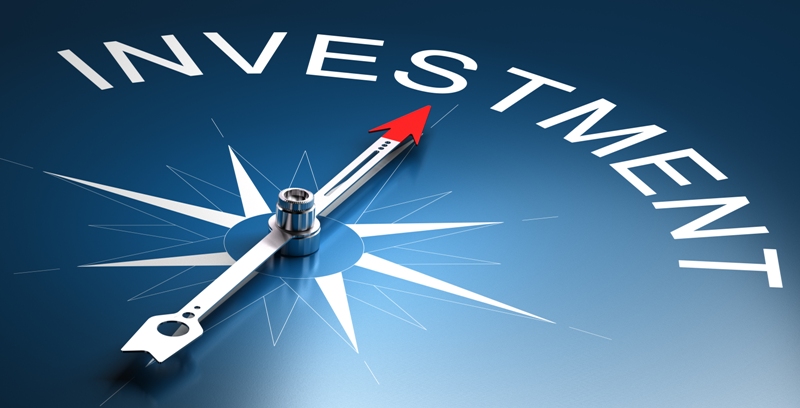Identifying a good real estate opportunity can be tricky. However, life is a lot easier when you invest in properties that have potential and avoid the ones that don’t. To help you get the most out of your investment instead of getting buried by loan repayments and credit card bills, keep reading to find out if a rental is a good investment.
From evaluating a property’s financial viability to long-term considerations for landlords, we’ll explore all the indicators that let you know if your prospective investment is an opportunity or a pitfall. By the end of this post, you’ll know how to make better financial decisions and guarantee real estate success. So, let’s get started:
Evaluating Property’s Financial Viability Through Rental Expenses
Location
Location is king when it comes to rental properties. When tenants start house searching, they typically have an area in mind that is close to their job or school. As a result, homes that shorten their commute time are often in higher demand, and their landlords make more profit. In addition, you should look for properties with a good walkability score. That means houses that have social amenities within walking distance; after all, who wants to go on a long ride to buy a bag of chips at night when they can opt for another apartment that has a supermarket five minutes away?
Property Taxes
Property taxes ties in closely with location. Properties in affluent neighborhoods tend to be more on the expensive side when it comes to rental rates. However, before you start scouting for houses, remember that higher rental income doesn’t automatically translate to more profit. If you have to pay exorbitant property taxes, it can reduce your net profit by increasing your ongoing expenses. On the other hand, moving to a middle-class area with lower taxes can give you more room to breathe.
Mortgage
Besides property taxes, mortgage payments are another ongoing expense that can affect your financial health in the long run. Your mortgage payment will likely be your most considerable expense, so ensure you evaluate your funding options thoroughly before committing to any loan. Where many investors make mistakes is comparing only the interest rate. To get the best deal, you have to evaluate the loan holistically. What are the penalties for late payment? Are there additional closing costs or potential changes in the future? Asking these questions can help you make the right decision.
Maintenance

The more maintenance an apartment requires, the greater your expenses. Older houses with outdated electrical wiring, plumbing, and other facilities tend to have more needs. As a result, landlords need to spend more money on renovations to ensure the property remains habitable. Consult with a professional property manager in Northern Virginia about assessing property conditions and identifying homes that require minimal care. You’ll often have to budget for ongoing tasks like landscaping, HVAC servicing, and repairs.
Utilities
Finally, whether you plan to cover utilities or pass that responsibility to your tenants, you have to consider utility costs. Calculate the estimated cost for bills like water, electricity, or trash removal. For a more accurate picture, talk with the potential seller or contact the local utilities company. With a better picture of your monthly utility payments, you can accurately estimate property expenses and weigh them against your rental income.
Long-Term Considerations for Landlords
Potential Appreciation
Look beyond immediate rental property maintenance and consider its potential for appreciation over time. Factors like neighborhood development, infrastructure improvements, and market trends can all impact future property value. Trends like a new company or shopping mall, can influence tenants to look for a home in the area. As a result of your strategic investment, when demand rises, you can also bank on greater rental income.
Overall Property Condition
Assess the structural integrity and overall condition of the property. While it’s important to invest in regular upkeep and improvements, you can save so much money by opting for a property in good condition. It’ll be easier to maintain its value and attractiveness to tenants over the years. Besides, if you ever decide to sell your property, you can secure a tidy profit.
Future Rent Growth
Research rental market trends in the area, as this can help you gauge the potential for future rent increases. Generally, properties with good potential appreciation are more likely to see rental increases as they become more valuable. As a result, landlords that track demand dynamics and economic indicators anticipate changes in rental rates and adjust their investment strategy.
Regulatory Changes
Staying up-to-date on potential changes that affect your investment is important. Landlord-tenant laws and regulations differ from one state to the next, and they’re constantly evolving, too. Thus, property owners have to be proactive and adaptable to legal requirements. The last thing you want is to get slapped with a fine for neglecting regulations and potentially losing money in legal fees. Even if you have to hire a local property manager with more knowledge, it would be best to remain compliant with local policies.
Conclusion
In conclusion, knowing if a rental property is a good investment can be a game-changer. By carefully assessing viability indicators like location, you can spot high-value projects and boost your portfolio. Property taxes, mortgage costs, maintenance, and utilities can also help you calculate and anticipate future expenses.
Moreover, considering long-term factors such as potential appreciation, overall property condition, future rent growth, and regulatory changes enables landlords to make informed decisions that maximize the return on their investment. If you’d like help with identifying potential opportunities, consult a property manager.




